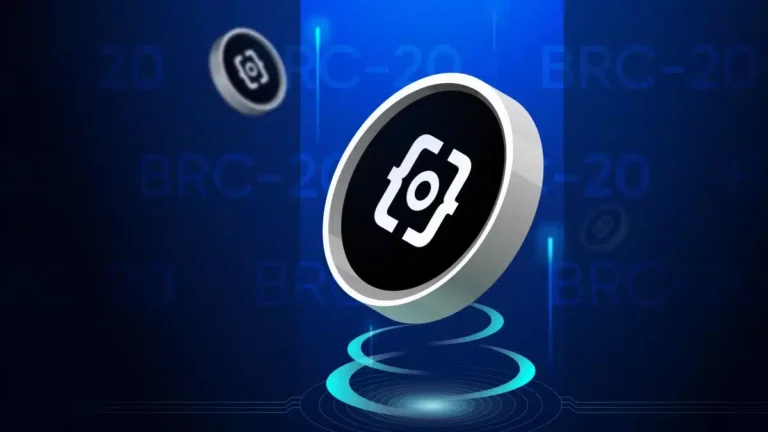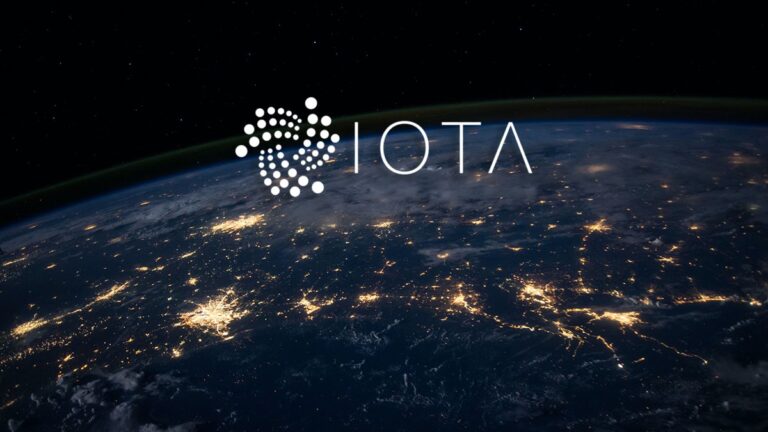Zero-Knowledge Proofs: Safeguarding Truth and Privacy in the Digital Era

- Zero-Knowledge Proofs (ZKPs) redefine transactions by authenticating information without revealing specifics, ensuring privacy and authenticity.
- From financial solvency to secure voting, ZKPs are transforming various sectors, including finance, digital voting, and AI content verification.
In an age where privacy and data exploitation concerns peak, Zero-Knowledge Proofs (ZKPs) emerge as a beacon. These cryptographic protocols address two critical global needs: privacy and authenticity. Originally rooted in the cryptocurrency sphere, their potential expands far beyond.
Zero-Knowledge Proofs (ZK-proofs) have emerged as a groundbreaking technology with the potential to redefine confidentiality in transactions. These cryptographic protocols allow the authentication of information without disclosing its specifics, offering a solution to privacy concerns in an age where data exploitation and breaches are rampant.
Imagine a scenario where you need to validate your income to a bank for mortgage eligibility without exposing the exact amount. Or confirming your citizenship to electoral bodies without disclosing personal identifiers. ZKPs make such possibilities a reality, emphasizing the importance of confidentiality in a data-driven world.
However, the applicability of ZK-proofs extends beyond personal data. They can be instrumental in validating the origin and authenticity of news sources, combating the proliferation of misinformation. As Jordi Baylina, co-founder of Polygon, pointed out, the technology can play a pivotal role in addressing challenges such as anonymous voting, decentralized games, and the fight against fake news.
The financial sector is on the verge of a significant transformation thanks to Zero-Knowledge Proofs. Innovations like Proven’s ZK-enabled proof-of-solvency protocols mark the beginning of this revolution. These mechanisms enable entities to validate their solvency without revealing sensitive financial details, fostering trust among investors and regulators.
Bitso, a Mexican cryptocurrency exchange, has embraced this protocol, allowing stakeholders to ascertain the company’s solvency without compromising specific financial information. This not only ensures transparency but also engages the exchange’s clientele, establishing a sense of community-driven oversight.
The recent FTX debacle serves as a stark reminder of the importance of ZK-proof-backed financial solvency protocols. If such systems were in place earlier, financial mishaps like the one at FTX could have been averted or at least detected promptly.
Ensuring Veracity in Digital Voting
The promise of Zero-Knowledge Proofs in digital voting is noteworthy. They offer the allure of verifiable online elections, allowing individuals to ascertain the vote count without revealing individual vote patterns. This addresses a crucial concern surrounding e-voting – the anonymity of the voter. However, it’s important to note that while ZK-proofs are a critical component, a credible digital identity system remains integral to the success of secure digital voting.
Advancements in artificial intelligence have blurred the lines between machine-generated and human-created content. Zero-Knowledge Proofs offer a potential shield against this ambiguity. By combining blockchain technology with ZK-proofs, we can establish safeguards that validate the origin, authenticity, and ownership of AI-generated content.
Zero-Knowledge Proofs, while computationally intricate, serve as the linchpin in the evolving digital landscape, ensuring that truth and privacy remain uncompromised. As industries from finance to AI grapple with challenges, ZKPs stand as robust sentinels, fostering trust in the digital realm.















